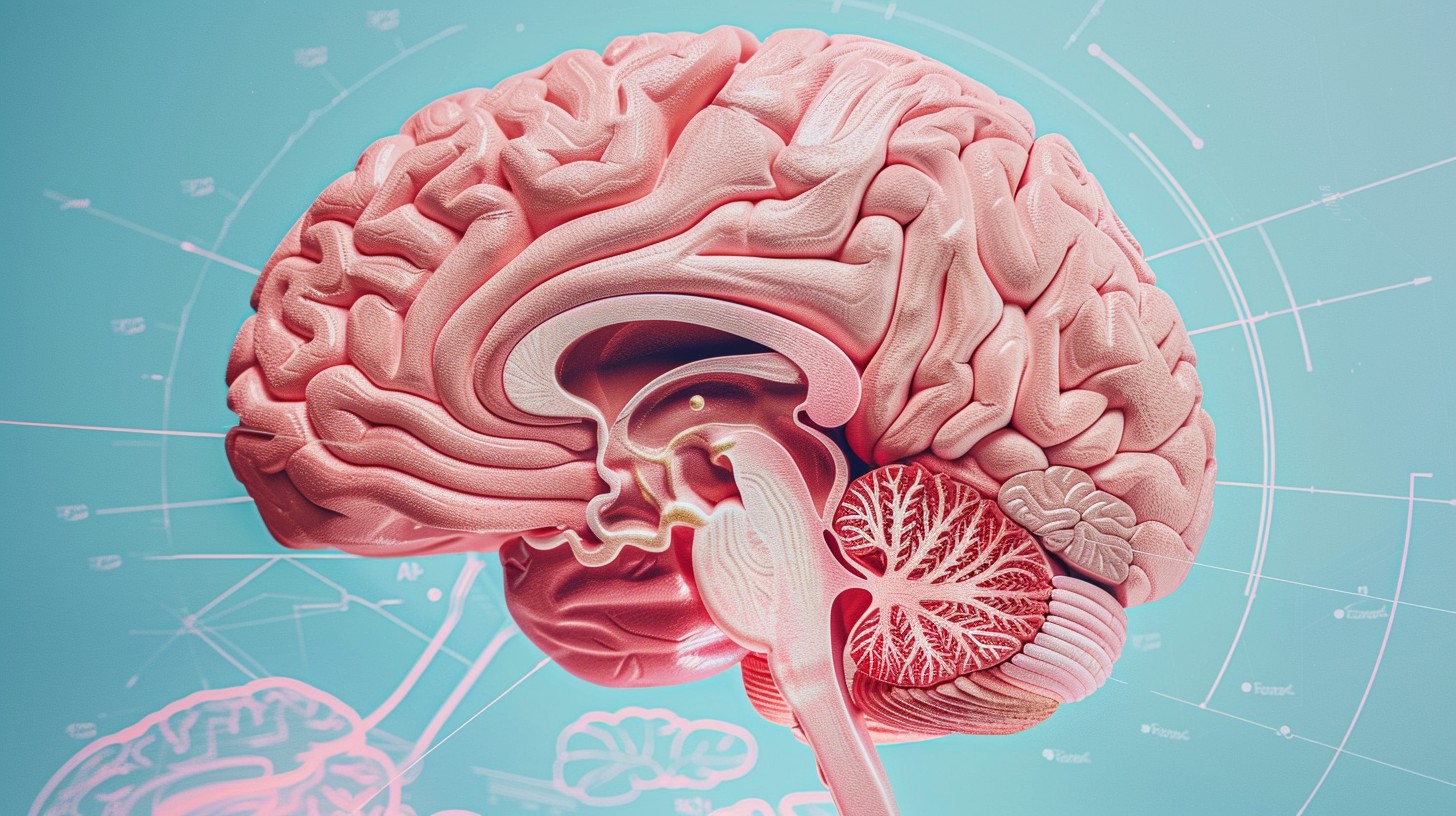If you or someone you know may be experiencing a mental health condition, please contact us at https://joyspringhealth.com/contact-us or your healthcare provider for a consultation.
Mental health plays a vital role in our overall wellbeing, yet misunderstandings and stigma continue to obscure its importance. As our world becomes increasingly complex, understanding mental health fundamentals is key to nurturing ourselves and those around us.
The Mind-Body Connection
Mental health is deeply intertwined with physical health, creating a fascinating interplay that can impact every aspect of our lives. Research shows that mental health conditions often produce physical symptoms like headaches, digestive issues, or chronic fatigue. Likewise, physical health issues can exacerbate mental health challenges, showing just how crucial it is to view health through a holistic lens that addresses both mind and body.
Debunking Common Mental Health Myths
Misconceptions around mental health abound, but addressing these myths is a step toward understanding and empathy.
Myth 1: Mental Health Problems Are Rare
In fact, mental health conditions are incredibly common. Approximately one in five adults in the U.S. will experience a mental health condition in any given year. Mental health challenges affect people of all ages, backgrounds, and walks of life.
Myth 2: People with Mental Illness Can’t Maintain Jobs
On the contrary, with appropriate treatment and support, many people with mental health conditions lead successful, productive lives. Mental health does not define one’s ability to work or succeed in a career.
Myth 3: Mental Illness Reflects Weakness
Mental health conditions are medical issues with biological, psychological, and social roots. They are not signs of character flaws or personal failings.
Recognizing Warning Signs
Everyone’s experience with mental health is unique, but some warning signs may signal a need for support, including:
- Ongoing feelings of sadness, hopelessness, or anxiety
- Significant changes in sleep or eating habits
- Withdrawing from social connections
- Trouble focusing or making decisions
- Physical symptoms without clear causes
- Loss of interest in activities once enjoyed
The Value of Early Intervention
Seeking support at the first sign of mental health concerns can make a big difference. Like physical health issues, mental health conditions often respond best to early treatment, which may include:
- An accurate diagnosis
- Access to evidence-based treatments
- Strategies for coping with symptoms
- Prevention of symptom escalation
- Improved overall quality of life
Building Resilience for Mental Wellness
While professional help is essential when necessary, there are ways to support mental health on a daily basis:
- Exercise Regularly: Physical activity releases endorphins, often boosting mood and reducing stress.
- Get Adequate Sleep: Good-quality sleep helps regulate emotions and stress.
- Maintain a Healthy Diet: Nutrient-rich foods support both brain and body health.
- Connect Socially: Strong relationships provide emotional support and reduce feelings of isolation.
- Practice Mindfulness: Mindful breathing, meditation, and grounding techniques can help manage stress.
The Power of Support Systems
A well-rounded support network can be a tremendous asset for mental health, including:
- Family and friends
- Licensed mental health professionals
- Support groups, both local and online
- Community and online resources
Moving Forward with Mental Health Awareness
Our understanding of mental health is growing, and with it, the awareness that seeking help is a strength, not a weakness. Mental health conditions are treatable, and with the right support, individuals can live meaningful, fulfilling lives.
Resources for Help
If you or someone you know is facing a mental health concern, you can encourage them to book an appointment with us.
or access the following helpful resources:
- National Crisis Hotline: Dial 988
- Mental Health Professionals: Psychiatric Providers, Therapists and counselors offer specialized support.
- Primary Care Physician: Many doctors can provide referrals or initial assessments.
- Local Support Groups: Peer support can be incredibly helpful.
- Online Mental Health Resources: Trusted websites and mental health apps can offer education and support.
This blog post is intended for educational purposes only.
Understanding and addressing mental health is a journey—one that can be empowering, transformative, and ultimately life-changing. At Joyspring Health & Recovery, we’re here to support you every step of the way.
Smith, J., Brown, L., & Patel, A. (2021). The Mental and Physical Health Impacts of Insomnia. Journal of Sleep Medicine, 24(3), 45-56.





